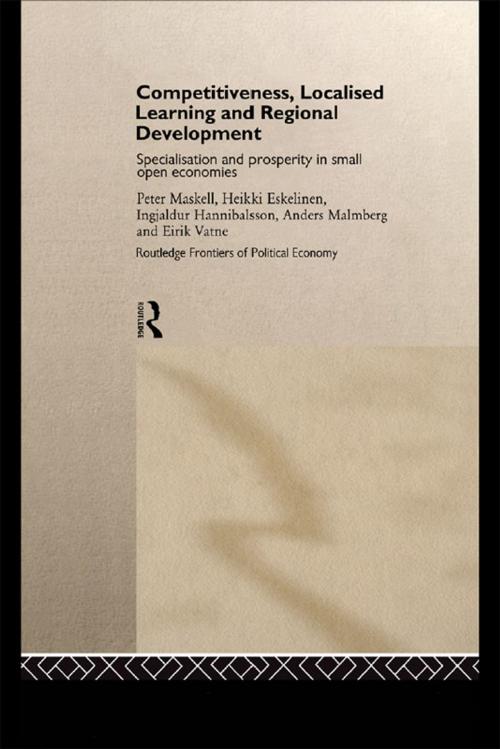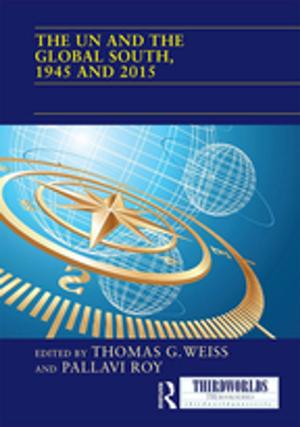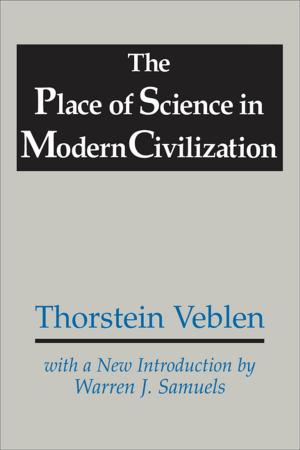Competitiveness, Localised Learning and Regional Development
Specialization and Prosperity in Small Open Economies
Business & Finance, Economics| Author: | Heikki Eskelinen, Ingjaldur Hannibalsson, Anders Malmberg, Peter Maskell, Eirik Vatne | ISBN: | 9781134734825 |
| Publisher: | Taylor and Francis | Publication: | March 11, 2002 |
| Imprint: | Routledge | Language: | English |
| Author: | Heikki Eskelinen, Ingjaldur Hannibalsson, Anders Malmberg, Peter Maskell, Eirik Vatne |
| ISBN: | 9781134734825 |
| Publisher: | Taylor and Francis |
| Publication: | March 11, 2002 |
| Imprint: | Routledge |
| Language: | English |
Drawing on a rich literature and case study material from selected industries, and elaborating on key concepts such as firms and competencies, industries and industrial systems, and competitiveness and prosperity, this book sets out to answer three broad research questions:
* What is competition about in today's economy?
* Why do geographical areas (local milieus, cities, regions, countries) specialize in particular types of economic activity, and why do patterns of specialization, once in place tend to be so tremendously durable?
* How can high-cost regions in general and small industrialized countries in particular sustain competitiveness and prosperity in an increasingly globally integrated world economy?
This book points the way out of a dilemma created by recent industrial theory and policy: is it possible for countries which are not destined to be leading high-tech powers to take advantage of the current conjuncture of increasingly open-markets.
Drawing on a rich literature and case study material from selected industries, and elaborating on key concepts such as firms and competencies, industries and industrial systems, and competitiveness and prosperity, this book sets out to answer three broad research questions:
* What is competition about in today's economy?
* Why do geographical areas (local milieus, cities, regions, countries) specialize in particular types of economic activity, and why do patterns of specialization, once in place tend to be so tremendously durable?
* How can high-cost regions in general and small industrialized countries in particular sustain competitiveness and prosperity in an increasingly globally integrated world economy?
This book points the way out of a dilemma created by recent industrial theory and policy: is it possible for countries which are not destined to be leading high-tech powers to take advantage of the current conjuncture of increasingly open-markets.















